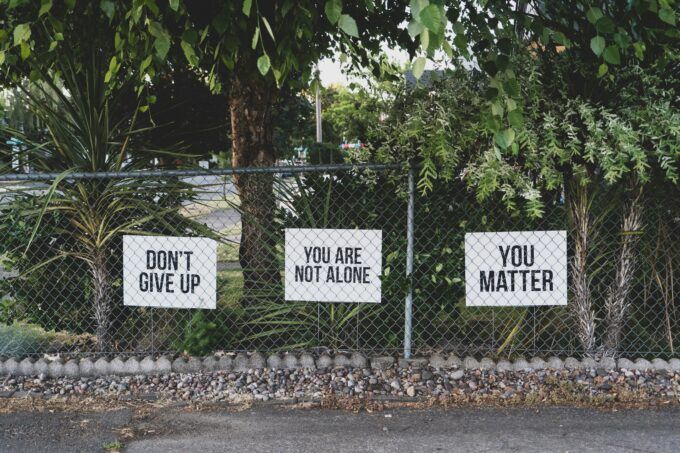Breaking the Silence: Why We Need to Talk About Mental Health
Imagine openly discussing your struggles with anxiety at the dinner table, just as casually as you’d talk about a sprained ankle. It seems unusual, perhaps even taboo, in our society. We readily share physical ailments, but mental health often remains shrouded in secrecy. This needs to change.
Years ago, mental health was a distant thought for me. My short stint as a local news reporter, however, shone a stark light on the pervasive issues of housing scarcity, poverty, substance use, and – inextricably linked – mental health struggles. These weren’t just isolated incidents; they were recurring themes woven into the fabric of our community.
Through my public engagements and writings, I’ve discovered the power of sharing personal experiences. After opening up about my own mental health, I’ve been met with a wave of heartfelt stories from others, proving that these struggles are incredibly common.
"How’s your mental health?" is a question that often elicits genuine, unguarded responses, unlike the typical "How are you?" which usually receives a quick "fine." Starting these conversations can feel awkward, but resources like BeThere.org provide invaluable guidance. Their golden rules – say what you see, show you care, hear them out, know your role, and connect to help – offer a roadmap for empathy and support.
The statistics are staggering: research published by the Red Cross indicates that an estimated 50% of men and 60% of women experience at least one traumatic event in their lifetime. Around 8% of men and 20% of women subsequently develop PTSD. In the United States alone, approximately 26 million people live with PTSD.
Even more startling, data from the National Institute of Mental Health reveals that 23.1% of U.S. adults grappled with a mental illness in 2022. We are surrounded by people facing these challenges.
Image by Dan Meyers.
We need to dismantle the stigma surrounding mental health. "How is your mental health?" might seem like a simple question, but it carries the weight of breaking the silence, fostering understanding, and reminding us that we’re not alone in this journey.
Remember, help is available. Mental Health America operates a 24/7 crisis text line accessible by texting "HOME" to 988.

